
 Special Needs & Early Intervention
Special Needs & Early Intervention
Recognizing Autism in Our Youngest Children - A Guide for Parents and Caregivers in South Carolina
Learn MoreRecognizing autism in young children can be overwhelming but knowing the signs and where to turn for help can make a life-changing difference. South Carolina offers many supportive services to help you along the way.

Helping Your Child Develop Fine Motor Skills: Fun Activities for Success
Learn MoreFine motor skills are essential for a child’s academic success, independence, and coordination. Activities like playing with playdough, arts and crafts, buttoning, using tweezers, building with blocks, gardening, and cooking help strengthen hand muscles and dexterity. Encouraging these activities supports skill development for everyday tasks and school activities.
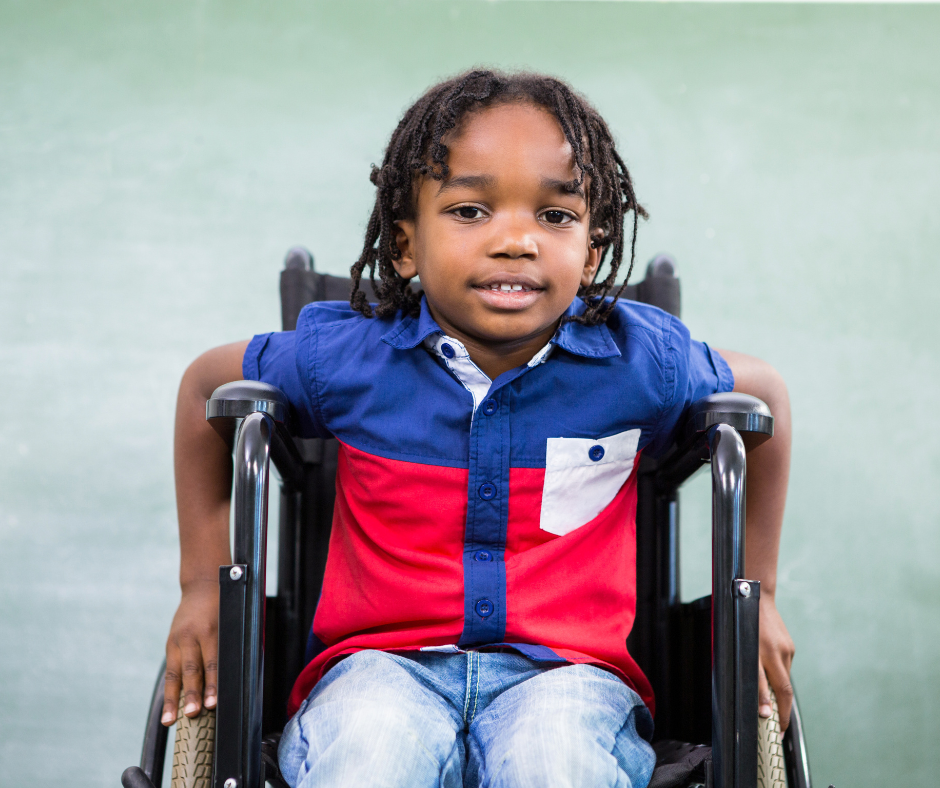
 Health & Safety
Health & Safety
Be Ready: Emergency Plans for Families with Special Needs
Learn MoreEmergencies like fires and natural disasters can happen without warning. For families in South Carolina with children who have disabilities, having a well-thought-out emergency plan is crucial. This article highlights the importance of such planning and offers practical tips to ensure your family’s safety during unexpected events.

 Health & Safety
Health & Safety
Building Healthy Smiles
Learn MoreGood brushing habits and regular dental visits help keep your child’s teeth strong and healthy. Learn why daily care prevents cavities, builds lifelong habits, and supports overall health. Simple tips can help protect your child’s smile and set them up for a lifetime of good oral hygiene!
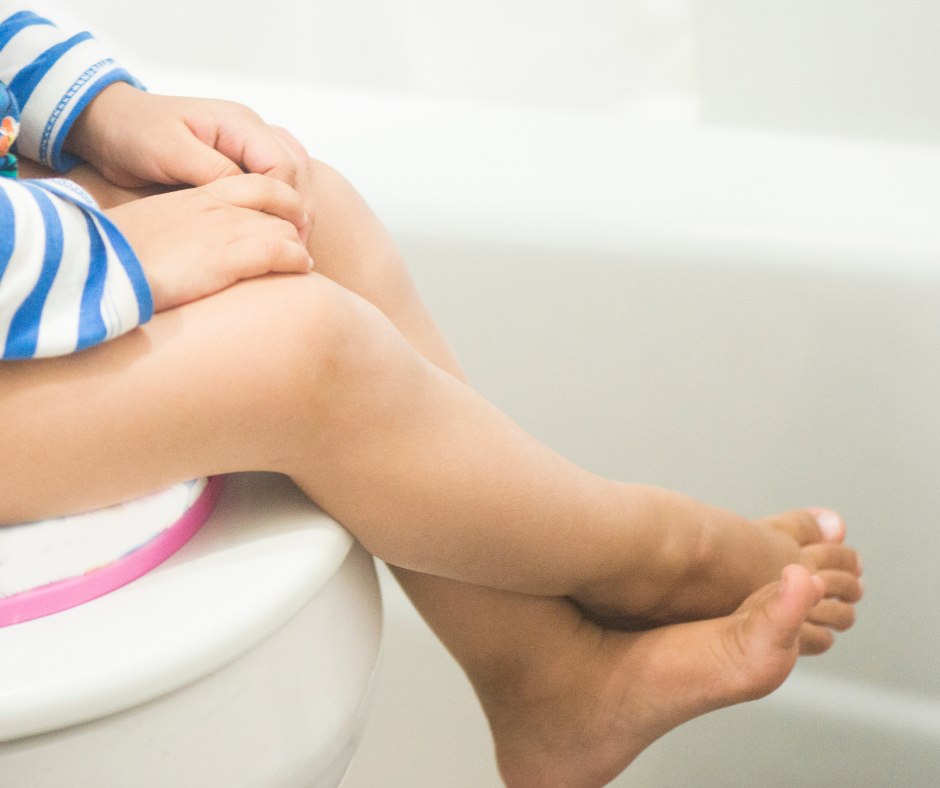
 Parenting & Family Support
Parenting & Family Support
Helping Your Child Learn to Potty Train: A Guide for Parents
Learn MorePotty training is a significant step for both parents and children, but it doesn’t have to be overwhelming. By watching for signs of readiness, being patient, and using positive reinforcement, you can help your child navigate this important milestone with confidence.

 Parenting & Family Support
Parenting & Family Support
Fun indoor activities for S.C. families with young children when it’s cold outside
Learn MoreDiscover fun, educational indoor activities for kids on cold days using South Carolina’s public resources, from virtual story times to DIY science and art projects.

 Parenting & Family Support
Parenting & Family Support
Fun and Festive Activities for Young Children This Holiday Season
Learn MoreLooking for fun and enriching things to do with your children this holiday season? Holiday activities can foster creativity, curiosity, and family bonding, whether it’s exploring nature or enjoying festive parades. These events combine holiday excitement with developmental benefits, making them perfect for creating lasting memories with your little ones.

 Parenting & Family Support
Parenting & Family Support
Unlock Your Child’s Full Potential Through Simple Conversations
Learn MoreDid you know that talking to your baby, toddler, or young child is one of the most powerful ways to help them grow? Everyday conversations not only build their vocabulary but also teach them how to express emotions and connect with others.

 Health & Safety
Health & Safety
Childproofing Your Home
Learn MoreA living room can look like the perfect place to relax—until you set a curious toddler down on the floor. In just minutes, an active child can reveal more hazards than you ever imagined. That’s where childproofing can come to the rescue. Taking steps to remove risks around your home can prevent injuries, important as children become mobile—around the 6-month mark.

 Food & Nutrition
Food & Nutrition
Practical tips for parents to encourage healthy eating habits in children
Learn MoreDon't make mealtime a struggle. These easy tips and tricks for setting a good example to making food fun help families discover simple ways to make healthy eating exciting for your family.

 Food & Nutrition
Food & Nutrition
WIC: Supplements for nutritional food to keep baby healthly and happy
Learn MoreWIC provides monthly benefits for buying nutritious foods, breastfeeding support and guidance to improve participants’ health and nutrition.

 Parenting & Family Support
Parenting & Family Support
Extra Help: SSI is an option for some children with significant disabilities
Learn MoreParents who have a child with a disability may want to learn more about Supplemental Security Income , also called SSI. SSI is a federal program that provides monthly payments to children and adults who have a significant physical or mental disability and little or no income and resources.

 Health & Safety
Health & Safety
Storing Breast Milk: What families need to know to keep babies safe
Learn MoreJanice is going back to work after maternity leave. She’d like to express and store her breast milk for her baby, so her husband, mother, and child care provider can all feed the baby breast milk when she’s not there. Like a lot of new moms, she has questions about how to make sure she’s storing breast milk so it’s safe for her little one to drink.

Registering for School: Get Started Today
Learn MoreAre you a parent who’ll be sending your first child to school? Or maybe you know a parent who isn’t sure about what to do or when to get started. Answers to these frequently asked questions can help, no matter where you live in South Carolina.

 Parenting & Family Support
Parenting & Family Support
Is it an emergency?
Learn MoreAny sign of sickness or injury in a child can make you worry, especially if you’re a first-time parent or caregiver. You don’t want to overreact. But even more critical, you want to be sure your child gets the care they need. Here’s some good news: Not every health-related issue needs emergency action, and it’s likely you’ll only need to reach out to your child’s pediatrician for advice.
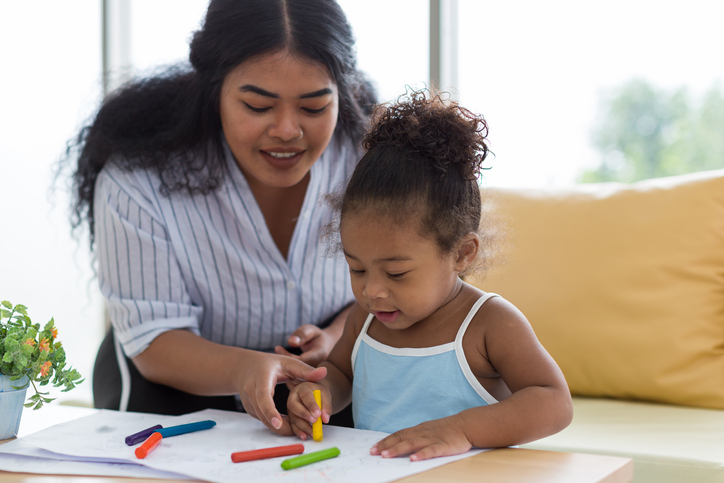
 Child Care & Early Education
Child Care & Early Education
From scribbles to letters: Marking your child’s path to writing
Learn MoreNot long after their first birthday, most children will start to make marks with a fat crayon or pencil on paper. This is a child’s first step in learning handwriting, an essential skill that promotes better reading and readiness for school.
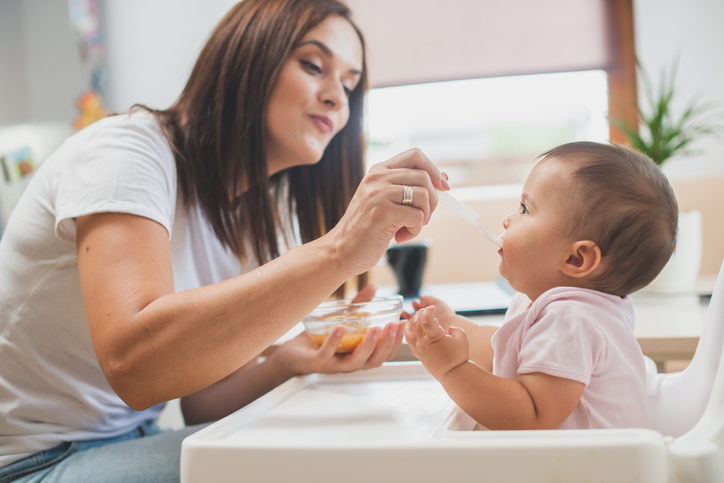
 Food & Nutrition
Food & Nutrition
Food allergies: What parents need to know
Learn MoreIt’s always wise to talk to a pediatrician about your child’s reactions to foods, how best to introduce foods, and your specific concerns. With more information about food allergies, you can make better choices that reduce fear, avoid serious risks, and help children tolerate food better.

 Parenting & Family Support
Parenting & Family Support
Sleeping like a baby: Understanding an infant’s needs
Learn MoreSleep is essential to development from the moment a child is born. Sleep behaviors and patterns shift significantly in a child’s first year, so it’s important for parents to be aware of their baby’s changing needs.

What makes a child ready to learn?
Learn MoreReady for kindergarten is more than being the right age by the right date. Years of study have shown that when children enter kindergarten with certain abilities, they are better ready to learn. Starting off well in kindergarten helps children be more successful through their years in school.

 Parenting & Family Support
Parenting & Family Support
Raising a reader: 5 ways to engage young children with books
Learn MoreParents are told all the time that helping children read is one of the most important things they can do for their child’s education. But how does a new parent with a baby or a parent with a toddler who won’t sit still use this advice?
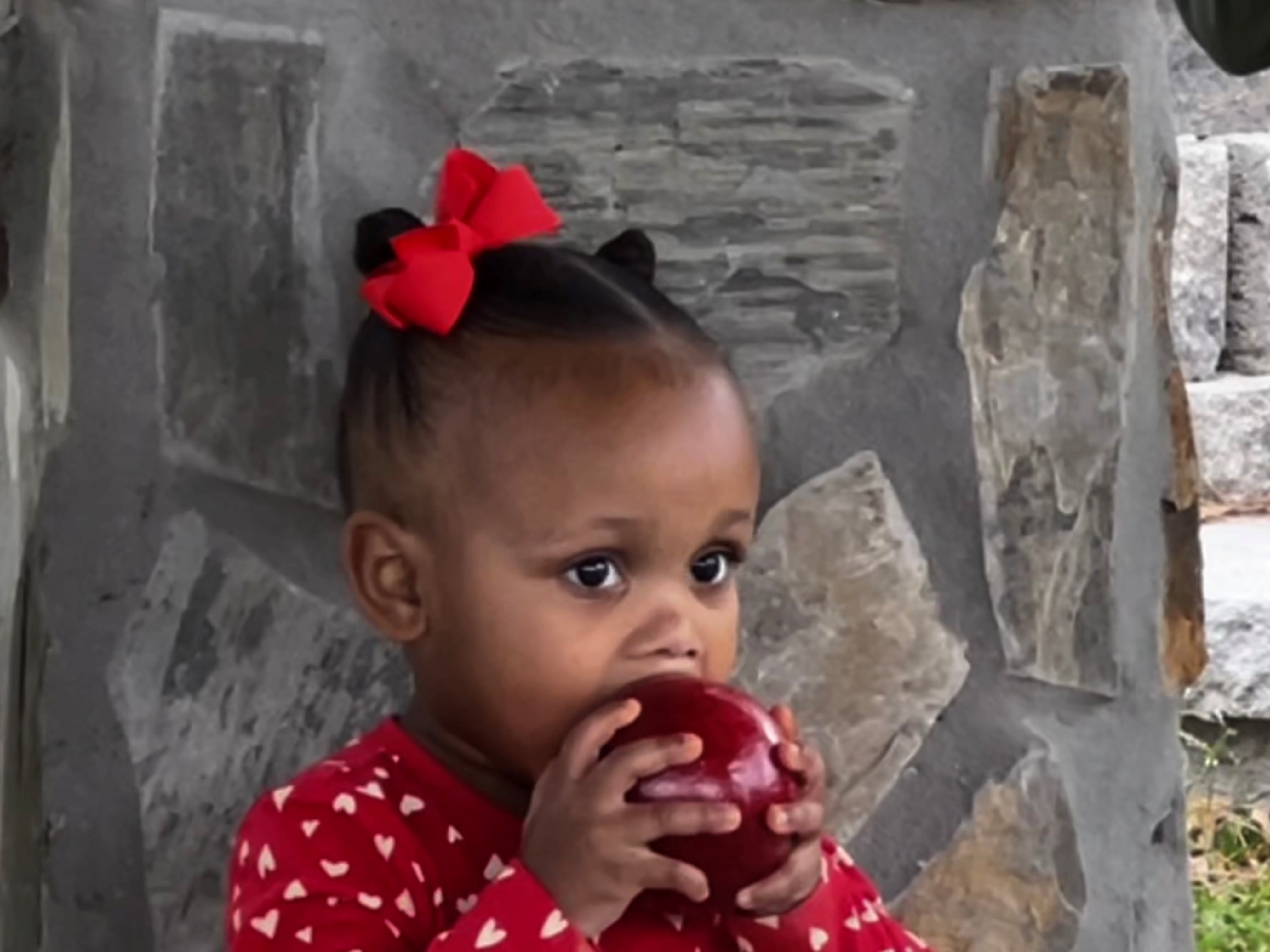
 Food & Nutrition
Food & Nutrition
Affording food: Where to go when your family needs help
Learn MoreBeing able to provide enough healthy food for children is a concern for many families, so if you’re struggling to put food on your family’s table, you’re not alone.

 Child Care & Early Education
Child Care & Early Education
SC Child Care Scholarships: Helping parents afford quality care
Learn MoreMany parents with young children face a tough choice. A job or more education can bring in more money to the household. But to go to work, classes, or job training means paying for child care, an extra expense that may be hard to afford.

 Special Needs & Early Intervention
Special Needs & Early Intervention
Child Development Screening: What to expect and how it can help
Learn MoreWhile every child develops at their own pace, a parent will often recognize when their child needs extra help, if they know how to look. See how answering some key questions can guide parents, teachers and health care providers to understand and meet a child’s unique needs.
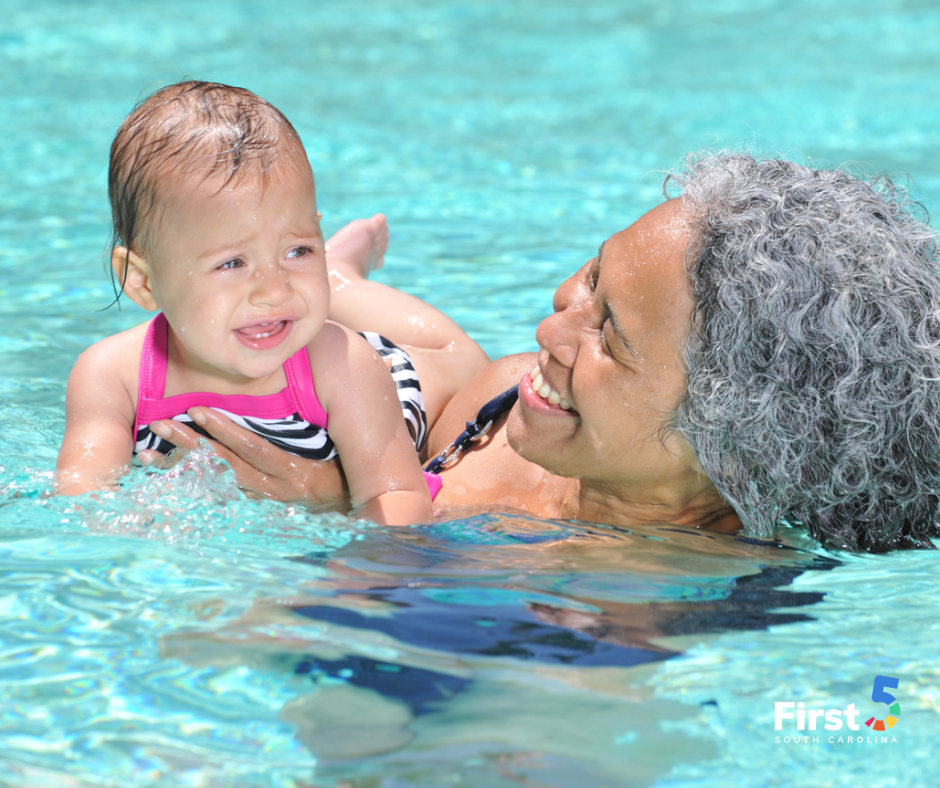
 Health & Safety
Health & Safety
Water Safety: Protecting babies and young children summer and year-round
Learn MoreTeaching young children water safety can help make water play more enjoyable for all.

 Health & Safety
Health & Safety
Choosing and using car seats: Creating a safer ride for children of every age
Learn MoreUsing car seats has dramatically reduced harm to children involved in crashes. Many parents—especially new ones—have questions about how to choose the right car seat and what type of seat to use as children grow.

 Child Care & Early Education
Child Care & Early Education
Choosing a child care provider: 5 things to check out
Learn MoreThe right child care fit for your family may depend on a lot of factors, including the age and needs of the child, what’s available in your area, and the type of care you feel most comfortable with.
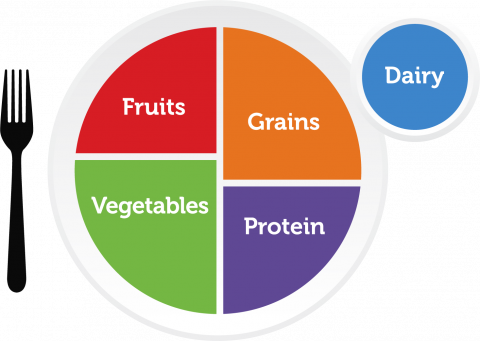
 Food & Nutrition
Food & Nutrition
From pyramid to plate: A simpler approach to healthy eating
Learn MoreA lot of us grew up with the food pyramid. Its wide base represented the foods we should eat in the largest amounts. The pointed top showed foods we should eat less of.
